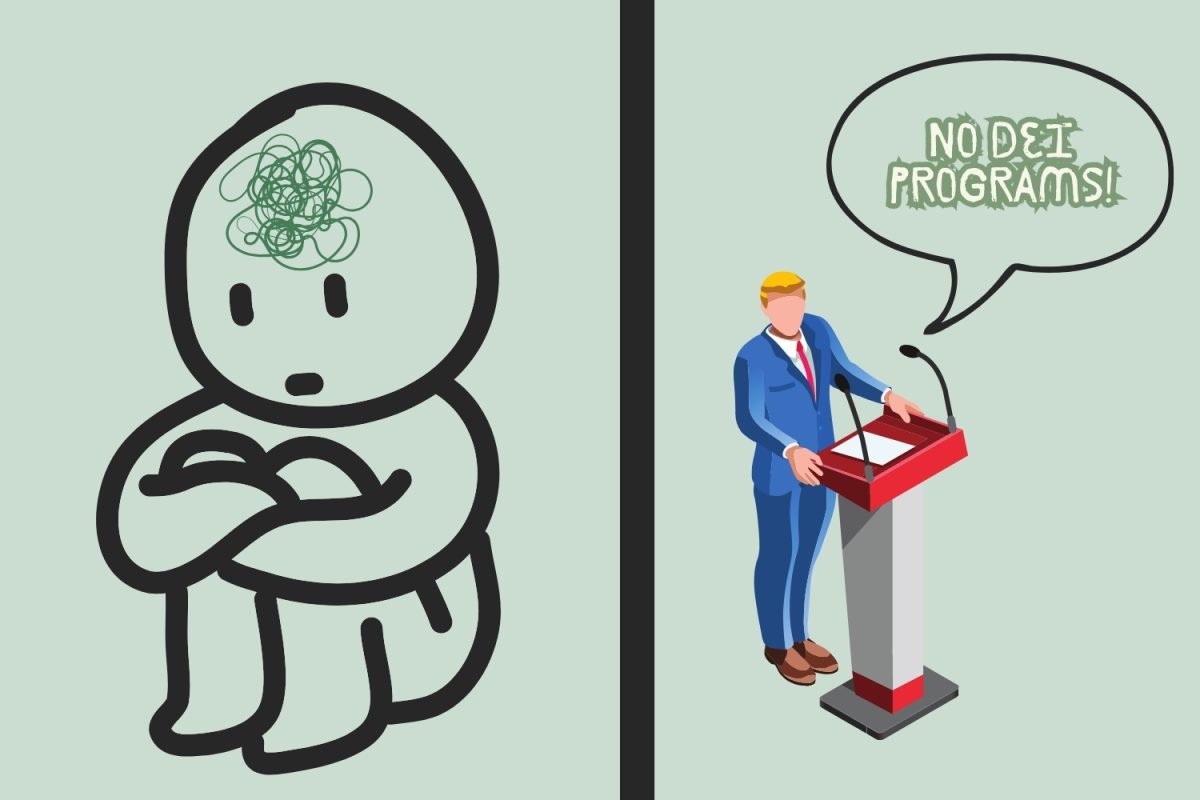 In California, the importance of required remedial community college courses will be done away with in favor of a system seeking to get students in and out as fast as possible.
In California, the importance of required remedial community college courses will be done away with in favor of a system seeking to get students in and out as fast as possible.
Assembly Bill 705 was a bill that went into effect back in January of 2018 and put into practice this semester. The purpose of the bill is to increase the number of students placed into transferable classes without assessment or need for remedial courses.
Sounds pretty enticing, right?
The California Community Colleges Chancellor’s Office website sold AB-705 this way:
“Evidence suggests that community colleges are placing too many students into remediation and that significantly more students would complete transfer requirements in math and English if enrolled directly in transfer-level English and math courses.”
How would community colleges do this? By looking at overall GPAs.
If a student’s GPA is at the required minimum, they will be given the choice of being placed into higher level transferable English and or math class instead of remediation.
This is where the alarms should start going off.
When given a choice, students are going to choose the method that is least expensive and time-consuming, regardless of their level of preparedness.
This can potentially lead to students that lack these skills to fail their higher level, transferable classes.
Imagine AB-705 as an amusement park, where GPA refers to how tall students must be to board certain rides or take transferable math and English classes.
While some younger kids are taller than their older peers and get let into the ride based on their height, they may not have the same level of maturity (skills for a certain transferable English or math class) it takes to ride the roller coaster.
Due to this, they freak out and never want to ride again.
Some colleges, Santa Barbara specifically, have tried to counter the lack of student preparedness by making classes longer, more intensive and worth more units.
This is not a viable solution.
When I graduated high school, I had developed a searing hatred for writing and composition. While taking my placement test, I thought to myself: “Oh no, two more years of this garbage.”
I put off taking my required English classes for as long as I could. Since I placed into remedial English 98, I figured it was exactly what my poor essay scores in high school predicted.
After a semester-long break, following academic dismissal, I dove right into the subject I hated the most: English.
If it had not been for Professor Hannah Holbrook’s English 98 class providing me with a strong foundation, I would not be the writer, tutor and journalist I am today.
This is what AB-705 will be getting rid of— teachers who pour their hearts into their work. Students benefit from remedial classes whether it is by reinvigorating their love to learn or by becoming prepared with the tools for classes down the road.
This is something that cannot be achieved by lengthening classes, lowering the number of students and hoping those that are unprepared can keep up.
This streamlined conveyor belt system will do more harm than good to students regardless of the good intentions it has.











